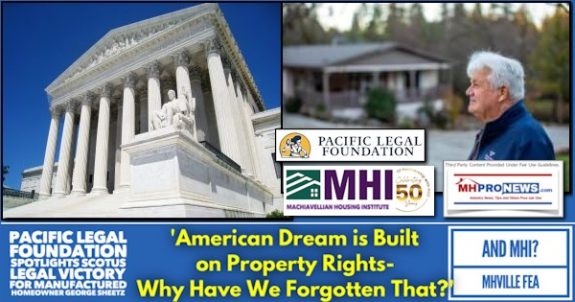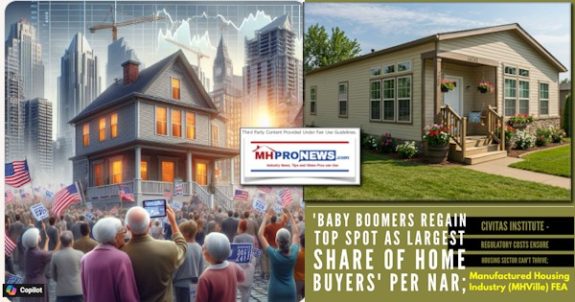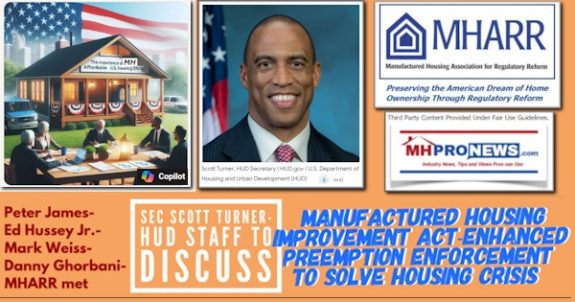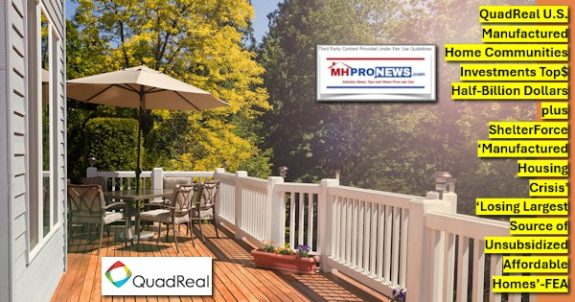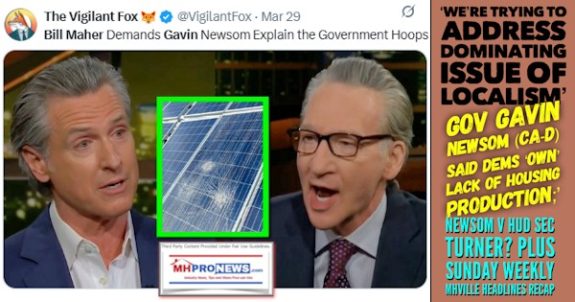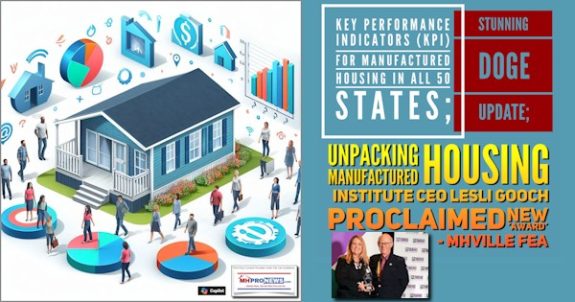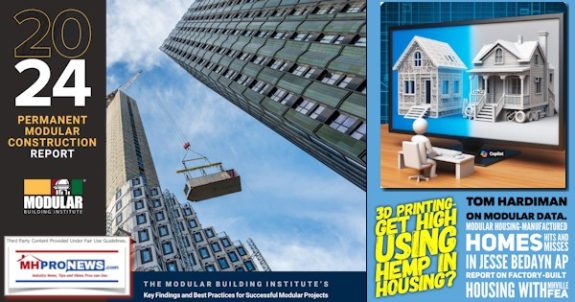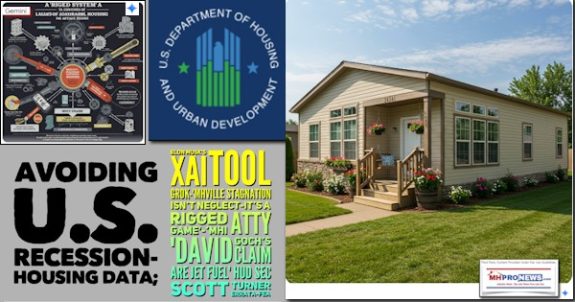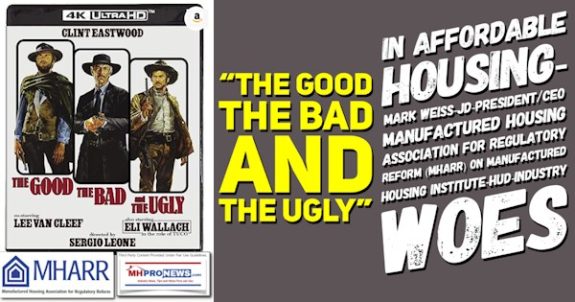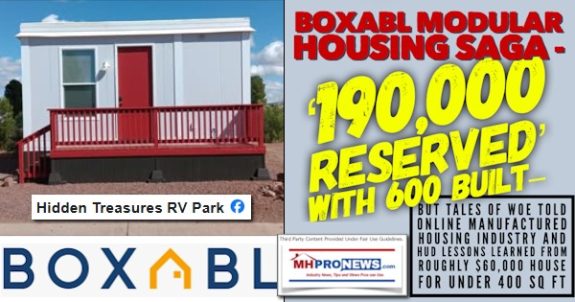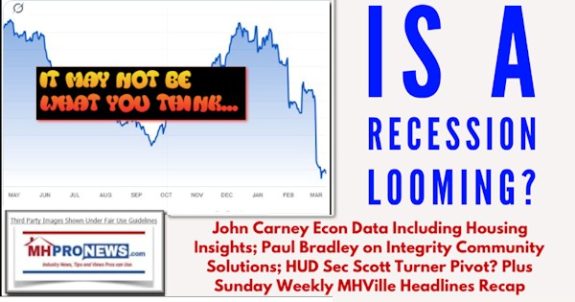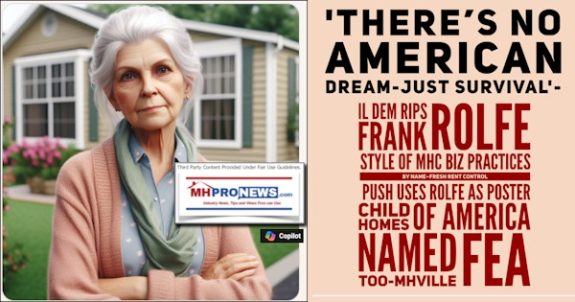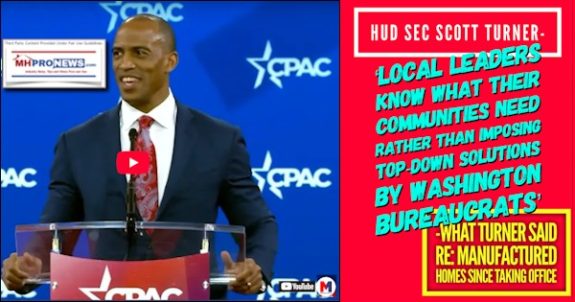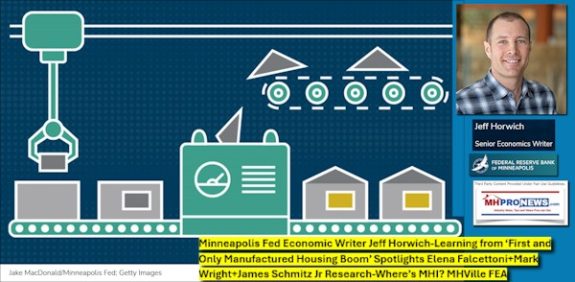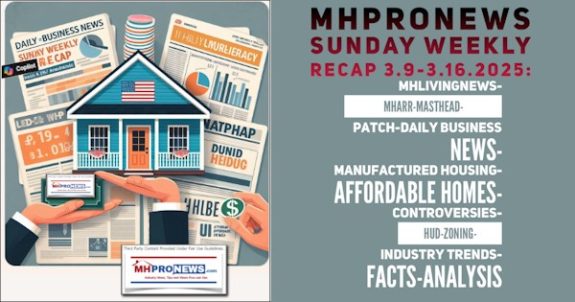CFPB Reopens Comment Period for Ability to Repay Rule
On March 31st the Consumer Financial Protection Bureau (CFPB) announced it was reopening the comment period through July 9, 2012 for proposed rules issued Spring 2011 defining the terms of a “qualified mortgage” as required under the Dodd-Frank Act. The qualified mortgage rule will establish underwriting standards that lenders (including for those providing loans for manufactured homes secured by personal property) must adhere to in documenting a consumer’s ability to repay a residential mortgage.
The proposed rule was initially unveiled in May 2011 with a comment period that closed in July 2011. The CFPB has indicated that it expects to release the final rule after the November elections.
Consumer and industry groups have been at odds over a legal provision within the act to shield lenders from litigation risk. Industry groups, including MHI, have pushed for a qualified mortgage rule that provides a “safe harbor,” meaning borrowers seeking suit against lenders must provide concrete evidence that their lender did not adhere to underwriting standards outlined in Dodd-Frank. Consumer groups have advocated for a “rebuttable presumption” which is a lower threshold by which a loan can be contested in court.
In its press release announcing the reopening of the comment period, the CFPB had received data from the Federal Housing Finance Administration (FHFA) tracking the performance of loans purchased by Fannie Mae and Freddie Mac. Among other elements, the data includes payment-to-income and debt-to-income ratios (DTI) at origination; initial loan-to-value ratios; and borrower credit scores.
The CFPB is using the data to perform statistical analyses and examining various measures of delinquency and their relationship to other variables such as a consumer’s total DTI ratio to assist in defining a qualified mortgage.
The notice seeks comments on specific issues and encourages that submissions be limited to the following issues:
• Data – CFPB intends to use FHFA and other private sector data sources in its analyses, with much of that focused around DTI. They seek comments on the data they intend to use and also seek comments on other data sources they should use.
• Litigation cost estimates – CFPB seeks data on litigation cost estimates and quantification of liability risks. Among other things, CFPB asks for input on the potential nature of and number of lawsuits, costs of those lawsuits, costs of put-back risk, and cost of potential extension of foreclosure timelines.
Last Spring, MHI submitted official comments on the qualified mortgage rule advocating the CFPB adopt a “safe harbor” standard and provide lenders a greater opportunity to recoup origination costs on small balance loans. Click here to view MHI’s comments.
To view the notice extending the comment period, click here. To access the CFPB press release, click here.
MHI Members Asked to Continue Contacting Representatives to Co-Sponsor HR 3849
The list of U.S. Representatives formally co-sponsoring the Preserving Access to Manufactured Housing Act (HR 3849) continues to grow. More than 30 Representatives have formally endorsed the bipartisan measure. However, additional bipartisan support is needed to ensure the legislation can move through Congress before the end of the session. Passage of the legislation is necessary prior to the CFPB developing final rules and enforcement guidelines for both the Dodd-Frank and SAFE Acts, which will occur in January 2013.
Those co-sponsoring the bill introduced by Rep. Stephen Fincher (R-TN), include Reps. Aderholt (R-AL), Black (R-TN), Blackburn (R-TN), Boren (D-OK), Boswell (D-IA), Calvert (R-CA), Chandler (D-KY), Cole (R-OK), Dent (R-PA), Dold (R-IL), Donnelly (D-IN), Duncan (R-TN), Fitzpatrick (R-PA), Harper (R-MS), Jones (R-NC), Kline (R-MN), Lankford (R-OK), Loebsack (D-IA), Lucas (R-OK), Manzullo (R-IL), McIntyre (D-NC), Miller (R-CA), Nunnelee (R-MS), Palazzo (R-MS), Quayle (R-AZ), Rahall (D-WV), Renacci (R-OH), Roe (R-TN), Rogers (R-AL), Schweikert (R-AZ), Sewell (D-AL), Sullivan (R-OK) and Thompson (D-MS).
Manufactured housing industry stakeholders are encouraged to contact their U.S. Representatives and ask that they co-sponsor HR 3849. For a copy of MHI’s action alert, which contains talking points and a sample letter, click here.
Federal Regulators Expected to Lower Proposed 20 Percent Down Payment Requirement
HOUSINGWIRE is reporting that federal regulators are expected to lower the proposed 20 percent down payment requirement for home-loan lenders who wish to avoid holding added credit risk on the securitization of mortgages.
Five federal regulators first proposed the 20 percent rule in March 2011 under the Dodd-Frank Act. It requires a bank to maintain five percent of the credit risk for mortgages and other loans sold to the secondary mortgage market. The exception is the qualified residential mortgage, which requires at least 20 percent down payment from the borrower. When rule-makers announced the proposal, fair lending groups and industry officials immediately criticized it for shutting out first-time homebuyers who could not afford the upfront costs. The Department of Housing and Urban Development has suggested to Congress in 2011 a 10 percent down payment threshold instead.
Sheila Bair, former chair of the Federal Deposit Insurance Corp. (FDIC), was a strong proponent of the 20 percent rule as a protection against poor underwriting practices that contributed to the housing bust in 2007. With her departure from the FDIC, opposition to the 20 percent rule has lessened and regulators are expected to lower the restrictions in a finalized rule due this year after the Consumer Financial Protection Bureau finalizes new guidelines on the broader qualified mortgage rule.
National Flood Insurance Program Extended for Two Months
The U.S. Congress passed and the President signed a two-month extension, through July 31, 2012, of the National Flood Insurance Program which expired on May 31, 2012.
The National Flood Insurance Program provides subsidized flood insurance to homeowners and businesses in flood-prone areas. The legislation (H.R. 5740) also extends to $20 billion, the credit for the program to cover the outstanding debt of $17 billion.
The short-term extension of the flood insurance program will give Congress time to complete work on a five-year extension. The House and Senate have tentatively agreed on the extension with the following reforms:
• Termination of subsidized flood insurance rates for vacation and second homes.
• An increase in premiums by 25 percent per year.
• Annual notification to homeowners by insurance companies about the risks of living in flood-prone communities.
• A five-year delay of mandatory purchase requirements resulting from new flood maps.
• A requirement that the Federal Emergency Management Agency (FEMA) to provide updated flood maps to all at-risk communities in the country.
2,922 New Modular Homes Shipped in the First Quarter of 2012
The National Modular Housing Council’s actual shipments report indicates that 2,922 new modular homes were shipped in the first quarter of 2012, up 18.7 percent from the same quarter in 2011.
Relative to Q1 2011, state shipment results for the first quarter of 2012 showed increases for 16 states, reductions in three states and 12 states with no significant change (defined as less than or equal to ±5 shipments).
Click here to view the report.







